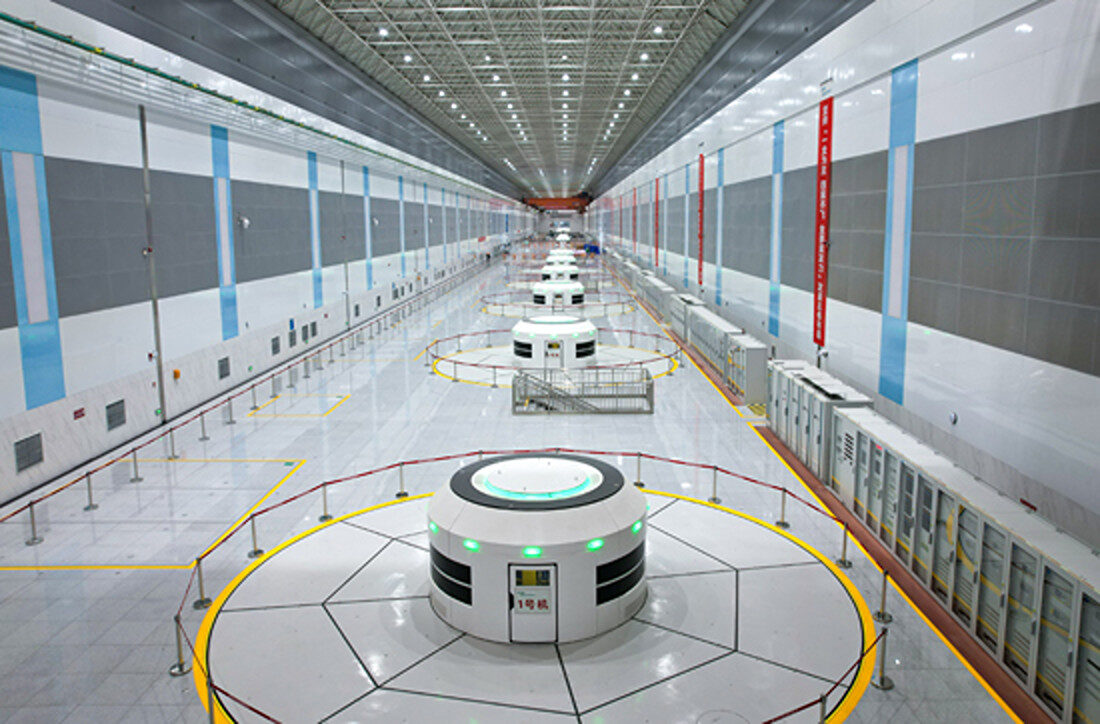The European Court of Justice has ruled solar modules assembled in India from cells made in China by Renesola, should be classed as Chinese products and thus subject to historic anti-dumping (AD) and countervailing duties (CVD) applied in the EU.
The ruling was issued at the request of the Tax and Chancery Chamber of Her Majesty's Revenue and Customs, the U.K. tax office, which is considering an appeal by the Renesola (UK) business which imports products made by U.S.-headquartered Renesola into the U.K.
The EU applied provisional AD and CVD penalties onto imports of Chinese solar wafers, cells and modules in June 2013 and introduced definitive duties – on cells and modules only – in December of that year, with the levies adopted by the U.K. tax office at a time when Britain was an EU member state. The European Court of Justice, in a ruling issued on Thursday, said the European Commission had confirmed, on December 17, 2013, modules assembled outside China from Chinese-made cells, would come under the scope of the trade measures.
Important stage of manufacture
Renesola (UK) pointed to Article 24 of the Community Customs Code of the EU, which states: “Goods whose production involved more than one country shall be deemed to originate in the country where they underwent their last, substantial, economically-justified processing or working, in an undertaking equipped for that purpose, and resulting in the manufacture of a new product or representing an important stage of manufacture.”
Renesola argued the assembly of cells into solar panels should be considered the last important stage of manufacture, rendering its products Indian, and questioned the legality of an implementing regulation introduced in 2013 which specifically stated solar products featuring Chinese cells should be considered Chinese regardless of where they are assembled into modules.
The Tax Chamber of the U.K. dismissed Renesola (UK)'s appeal on November 5, 2018, two months after the AD and CVD duties had expired and almost two-and-a-half years after the U.K. voted to leave the EU.
The subsequent appeal lodged by Renesola (UK), to the nation's Tax and Chancery Chamber, was upheld by the higher tribunal in March last year. The Tax and Chancery Chamber stayed proceedings to refer the matter to the European Court for a ruling on whether the disputed, 2013 implementing regulation – which specified the law relating to solar products – was legal.
The European Court published its ruling, upholding the legality of the implementing regulation on Thursday. European case law has not been binding on U.K. courts since the end of last year, when the transition agreement determining Britain's EU exit period ended, but British courts may have regard to European Court decisions if relevant to the case they are adjudicating.
This content is protected by copyright and may not be reused. If you want to cooperate with us and would like to reuse some of our content, please contact: editors@pv-magazine.com.




By submitting this form you agree to pv magazine using your data for the purposes of publishing your comment.
Your personal data will only be disclosed or otherwise transmitted to third parties for the purposes of spam filtering or if this is necessary for technical maintenance of the website. Any other transfer to third parties will not take place unless this is justified on the basis of applicable data protection regulations or if pv magazine is legally obliged to do so.
You may revoke this consent at any time with effect for the future, in which case your personal data will be deleted immediately. Otherwise, your data will be deleted if pv magazine has processed your request or the purpose of data storage is fulfilled.
Further information on data privacy can be found in our Data Protection Policy.